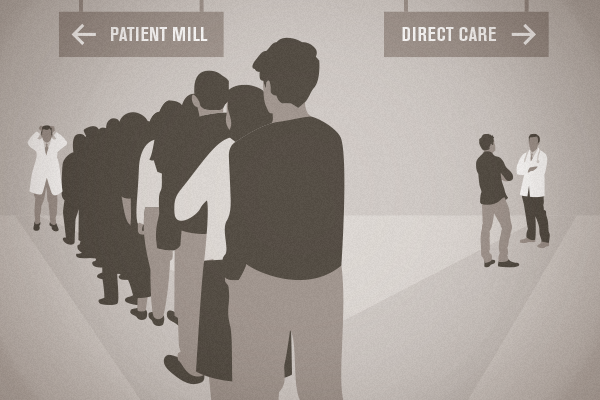Apologies for the delay, everyone. We’ve had a bit of construction in the office here, and we’ve been on the road, too. That said, the next installment of our podcast is live on iTunes.
Obamacare was unrolled and docs are wondering what that means for direct care. For the most part, we are safe. Patients’ insurance plans, not necessarily. If you want to get a better understanding of the direct care landscape, there’s a great source, though. Just visit dpcare.org and have a look. There are tons of informative articles about the law.
LISTEN TO EPISODE 10 OF THE ATLAS MD PODCAST HERE
In this episode, the team went to San Diego for an AAFP conference where they were bombarded with questions (arrived an hour early and stayed two hours late)! Then Dr. Doug shares a story of how the system prevents docs from practicing good medicine (and how he saw a patient immediately when her doc offered her an appointment 6 days later). Dr. Josh goes over more direct care math, and that’s just the beginning…
Oh, we’re heading out to a few different conferences where we’ll be talking to more docs about our model, including the Physicians Summit on Nov. 1. Maybe we’ll see you there, or elsewhere. As always, thanks for tuning in, and if you have any questions, please, send us an email: hello[at]atlas.md


